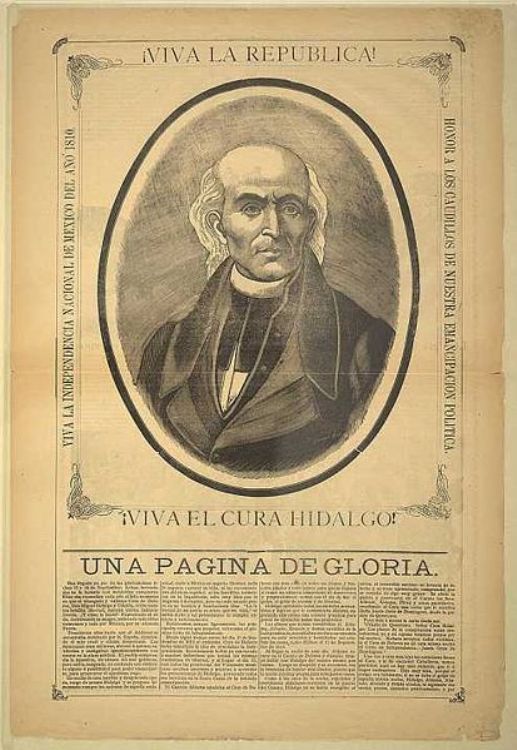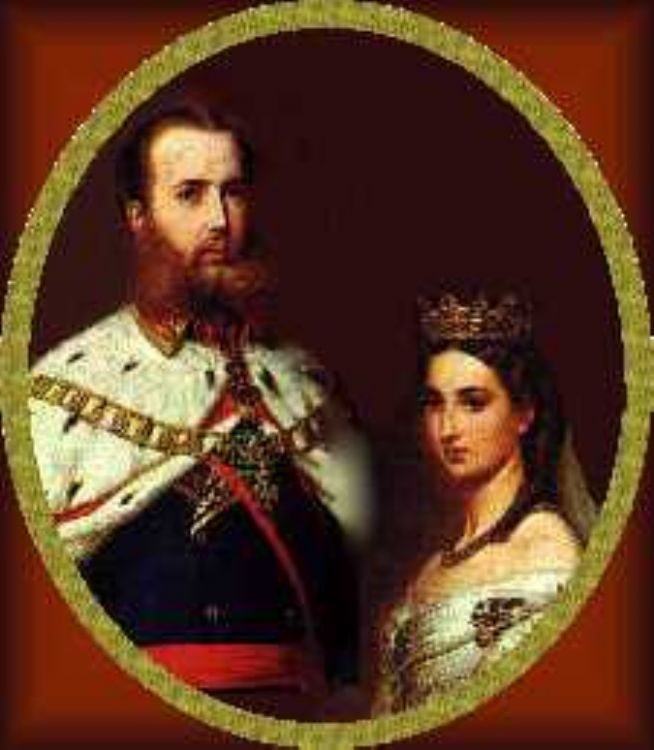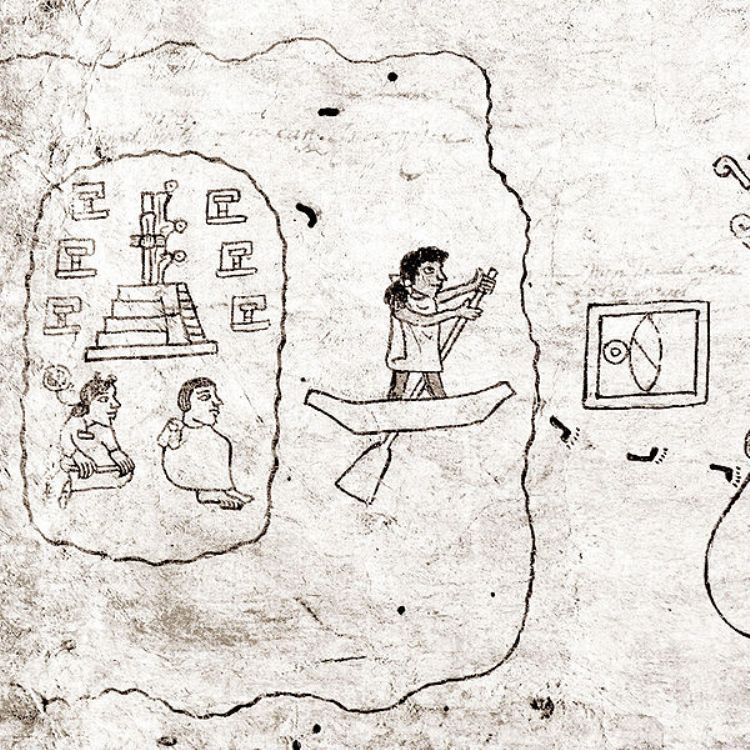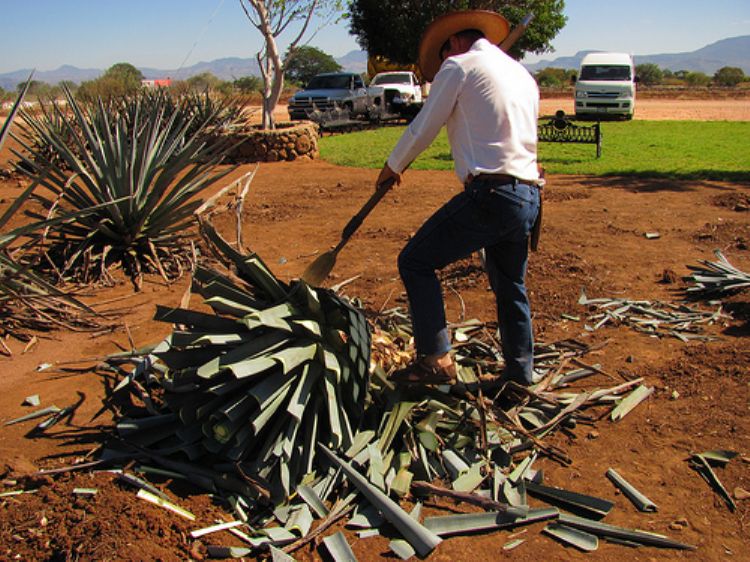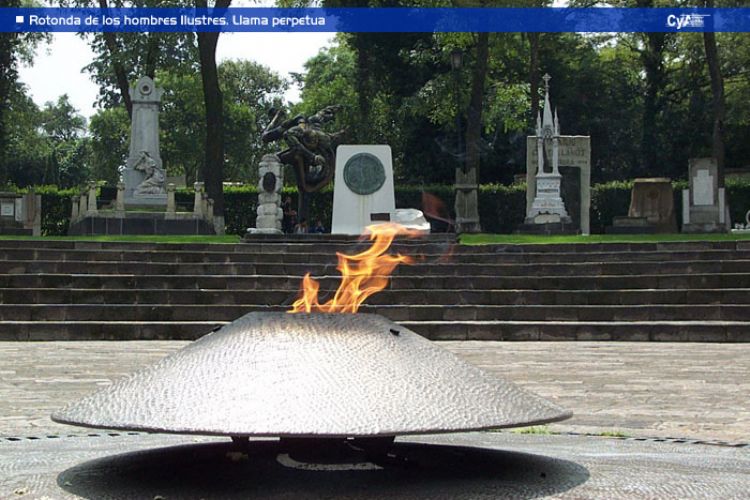The Puebla's Battle (La Batalla de Puebla)
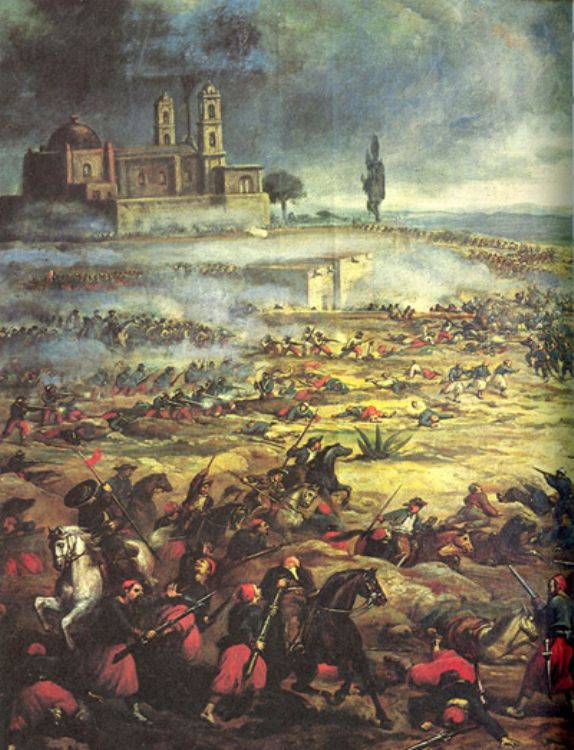
The Battle of Puebla took place on the 5th of May 1862 in the city of Puebla during the French Invasion of Mexico. The French army attempted to attack the Forts of Loreto and Guadalupe, which were triumphantly defended by the Mexican army. This was an important victory for Mexico and had a global resonance for the Mexicans defeating the most experienced army of that era.
During that time and after the Three Year War, Benito Juarez had been elected President of Mexico for 1861-1865 and the government lacked resources for taking care of the most important issues of public administration, 91% of all income was destined to pay foreign debt and support the army.
In June 1861, Juarez announced there would be a two year suspension of foreign debt payments so he could level the budget and attend to the populationâs basic needs. This added to the fact that Mexican conservatives, in attempt to recover power, had requested the support of European courts to bring a foreign prince to govern Mexico.
This resulted in the London Agreement, signed in October 1861 by Spain, England and France in a Three-way Military Alliance, agreeing to invade Mexico. Although the common motive was the payment of their credits, each of these three nations had individual pretensions and interests. For example, Spain no longer had colonies, its commerce had declined and desired to recover part of its former domains; England had extended its colonial empire through Asia and Africa and aspired to domain America; France wanted to contained the advance of United States while trying to open new markets and establish mining colonies.
The armies of the three countries reached Mexico in early 1862, their representatives sent an ultimatum to the government of Juarez, who responded by manifesting his desire to reach a friendly agreement.
After disembarking in Veracruz, Spain and England accepted the Mexican arguments given in the Convenios de la Soledad, based on respect to territorial sovereignty, recognition of creditor nations and allow soldiers of the three countries to establish in Mexican cities during negotiations. The representatives of Spain and England understood Mexicoâs situation and decided to negotiate independently with Mexican authorities, which granted a diplomatic triumph to the government of Juarez. But France insisted on the quick payment of the debt, plus interests, including an exaggerated charge by Casa Jecker regarding damage caused during the Guerra de Reforma; in addition to demanding absolute control of custom houses, intervening the countryâs economic policies and imposing a monarchic government in Mexico. The French representation started hostilities, carried out by the army of Napoleon III, thus starting the French invasion.
In charge of the French army was General Charles Ferdinand Latrille, Count of Laurencez, who departed from Veracruz towards Mexico City. Laurencez thought it was easy to defeat the Mexican army, for which without any previous declaration of war he ordered an attack on the forts of Loreto and Guadalupe, in Puebla. This General had triumphed numerous times in other French battles and with great pride sent a letter to Marshal of France, Lannes: âWe are so superior to Mexicans in organization, discipline, race, moral and refinement of sensitivities, that I beg you announce to Imperial Majesty Napoleon III, that starting from this moment and in charge of our 6000 brave soldiers, I already own Mexicoâ.
In defense, Juárez made General Ignacio Zaragoza responsable for organizing the Ejército de Oriente. Zaragoza took charge and went to Puebla. On May 2, the French army went towards the countryâs capital, passing through the city of Puebla and believing they would be applauded by the opponents of Juarez because most of Pueblaâs inhabitants wanted the intervention. However, Juarez ordered Zaragoza to attack the French there. The Mexican general fortified the mountains of Loreto and Guadalupe, with only 6,700 scarcely armed soldiers and even worse, most of the population, supporting the intervention, refused to support the Mexican army. It is said that when facing such insolence from the people of Puebla, Zaragoza exclaimed in desperation: âHow good it would be to burn Puebla, but there are also innocent creatures in the city!â
When the battle was over, the French counted 476 dead and 512 wounded. The Mexican army only lost 83 men, with 250 wounded and 12 disappeared.
Although the war didnât end until five years later in 1867, the Battle of Puebla became a symbol of resistance against invading troops. This triumph reinforced national identity and contributed to define some of the fundamental principles of Mexicoâs foreign policy. It also served to awaken the sympathy of America and European liberals. The Spanish, English and French press advocated for the retreat of invading troops.
Artículo Producido por el Equipo Editorial Explorando México.
Copyright Explorando México, Todos los Derechos Reservados.
Foto: Wikipedia

